QUINOMYCIN A
Synonym(s):Echinomycin Streptomyces sp. - CAS 512-64-1 - Calbiochem;NSC-13502, Quinomycin A;Quinomycin A
- CAS NO.:512-64-1
- Empirical Formula: C51H64N12O12S2
- Molecular Weight: 1101.26
- MDL number: MFCD00156105
- SAFETY DATA SHEET (SDS)
- Update Date: 2023-07-14 17:45:39
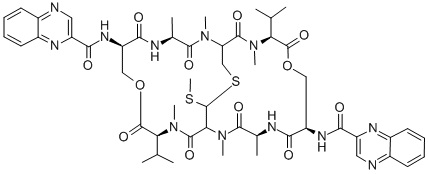
What is QUINOMYCIN A?
Description
Hypoxia-
The Uses of QUINOMYCIN A
Quiniomycin A is a cyclic depsipeptide metabolite. Quinomycin A has broad activity against bacteria, fungi and viruses, and has found application as an antitumour agent. Quinomycin A acts by bifunctional intercalation of nucleic acids. Recent research has shown quinomycin A to be an extremely potent inhibitor of hypoxia-inducible factor-1 (HIF-1). This transcription factor plays an essential role in tumour progression and metastasis.
The Uses of QUINOMYCIN A
Quinomycin A is a cyclic depsipeptide metabolite. Quinomycin A has broad activity against bacteria, fungi and viruses, and has found application as an antitumor agent. Quinomycin A acts by bifunctional intercalation of nucleic acids. Recent research has shown quinomycin A to be an extremely potent inhibitor of hypoxia-inducible factor-1 (HIF-1). This transcription factor plays an essential role in tumor progression and metastasis.
The Uses of QUINOMYCIN A
Echinomycin has been used for inhibition of hypoxia-inducible factor 1.
What are the applications of Application
Quinomycin A is an inhibitor of HIF
Biochem/physiol Actions
Echinomycin is an antitumor antibiotic and potent hypoxia inducible factor 1α (HIF-1α) inhibitor. It binds to DNA via bifunctional intercalation, blocking the binding of HIF-1α, a transcription factor important in tumor growth. Echinomycin selectively eliminated cancer stem cells in a study with mouse lymphoma and human AML xenogeneic models, eradicating the lymphomas. Recently, echinomycin was also found to act as an antibiotic adjuvant having synergistic effects with novobiocin in gram negative bacteria.
storage
Store at -20°C
References
1) Kong?et al.?(2005),?Echinomycin, a small-molecule inhibitor of hypoxia-inducible factor-1 DNA-binding activity; Cancer Res.,?65?9047 2) Wang?et al. (2014),?Echinomycin protects mice against relapsed acute myeloid leukemia without adverse effect on hematopoietic stem cells; Blood,?124?1127 3) Wang?et al. (2011),?Targeting HIF1α eliminates cancer stem cells in hematological malignancies; Cell Stem Cell.,?8?399 4) Li?et al. (2015),?Hypoxia-inducible factor-1α regulates the expression of L-type voltage-dependent Ca(2+) channels in PC12 cells under hypoxia; Cell Stress Chaperones,?20?507
Properties of QUINOMYCIN A
| Melting point: | 217-218℃ |
| alpha | D20 -310° (c = 0.86 in chloroform) |
| Boiling point: | 1427.2±65.0 °C(Predicted) |
| Density | 1.0964 (rough estimate) |
| refractive index | 1.6700 (estimate) |
| storage temp. | -20°C |
| solubility | Soluble in DMSO (up to 5 mg/ml) |
| form | White solid |
| pka | 9.38±0.70(Predicted) |
| color | white to beige |
| Merck | 13,3531 |
| Stability: | Stable for 1 year as supplied. Solutions in DMSO may be stored at -20°C for up to 3 months |
Safety information for QUINOMYCIN A
| Signal word | Danger |
| Pictogram(s) |
 Skull and Crossbones Acute Toxicity GHS06  Health Hazard GHS08 |
| GHS Hazard Statements |
H361:Reproductive toxicity |
| Precautionary Statement Codes |
P201:Obtain special instructions before use. P202:Do not handle until all safety precautions have been read and understood. P280:Wear protective gloves/protective clothing/eye protection/face protection. P301+P310:IF SWALLOWED: Immediately call a POISON CENTER or doctor/physician. |
Computed Descriptors for QUINOMYCIN A
New Products
Tert-butyl bis(2-chloroethyl)carbamate (S)-3-Aminobutanenitrile hydrochloride N-Boc-D-alaninol N-BOC-D/L-ALANINOL N-octanoyl benzotriazole 4-Hydrazinobenzoic acid 3,4-Dibenzyloxybenzaldehyde Electrolytic Iron Powder 1,1’-CARBONYLDIIMIDAZOLE R-2-BENZYLOXY PROPIONIC ACID 4-HYDROXY BENZYL ALCOHOL 1,1’-CARBONYLDI (1,2-4 TRIAZOLE) S-2-CHLORO PROPIONIC ACID (2-Hydroxyphenyl)acetonitrile 4-Bromopyrazole 5-BROMO-2CYANO PYRIDINE 5,6-Dimethoxyindanone 5-broMo-2-chloro-N-cyclopentylpyriMidin-4-aMine 3-(2,4-Dimethoxybenzyl)dihydropyrimidine-2,4(1H,3H)-dione 6-Bromo-3-iodo-1-methyl-1H-indazole 4-Ethylbenzylamine N-(5-Amino-2-methylphenyl)acetamide 2-(BOC-Amino)4-picoline 1-(4-Methylphenylsulfonyl)-1H-1,2,3-benzotriazoleRelated products of tetrahydrofuran
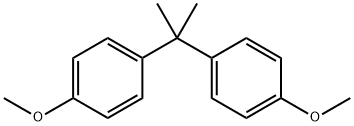
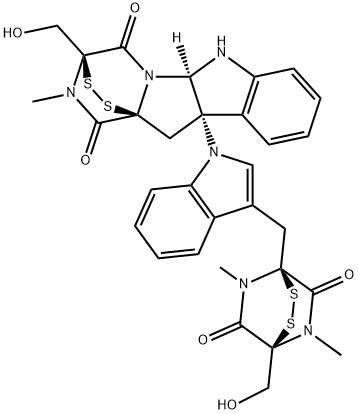

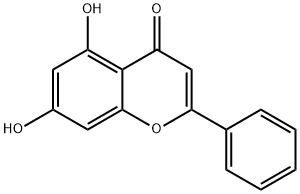
![4-OXO-1,4-DIHYDRO-[1,10]PHENANTHROLINE-3-CARBOXYLIC ACID](https://img.chemicalbook.in/CAS/GIF/331830-20-7.gif)
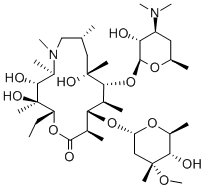
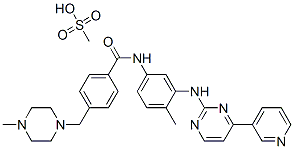
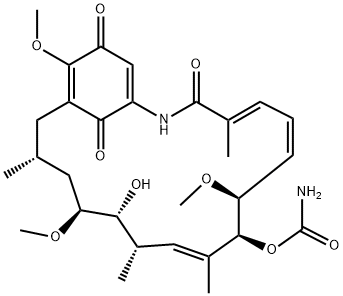
You may like
-
 Echinomycin CAS 512-64-1View Details
Echinomycin CAS 512-64-1View Details
512-64-1 -
 100-71-0 99%View Details
100-71-0 99%View Details
100-71-0 -
 2 2-BIS(2-HYDROXYETHOXY)-1 1-BINAPHTHYL 99%View Details
2 2-BIS(2-HYDROXYETHOXY)-1 1-BINAPHTHYL 99%View Details
55441-95-7 -
 Chloro Uracil 1820-81-1 99%View Details
Chloro Uracil 1820-81-1 99%View Details
1820-81-1 -
 2-ethyl-6-methyl-3-hydroxypyridine succinate 127464-43-1 99%View Details
2-ethyl-6-methyl-3-hydroxypyridine succinate 127464-43-1 99%View Details
127464-43-1 -
 13162-05-5 N-Vinylformamide 99%View Details
13162-05-5 N-Vinylformamide 99%View Details
13162-05-5 -
 1446013-08-6 98%View Details
1446013-08-6 98%View Details
1446013-08-6 -
 Ste-Glu-AEEA-AEEA-OSUView Details
Ste-Glu-AEEA-AEEA-OSUView Details
1169630-40-3